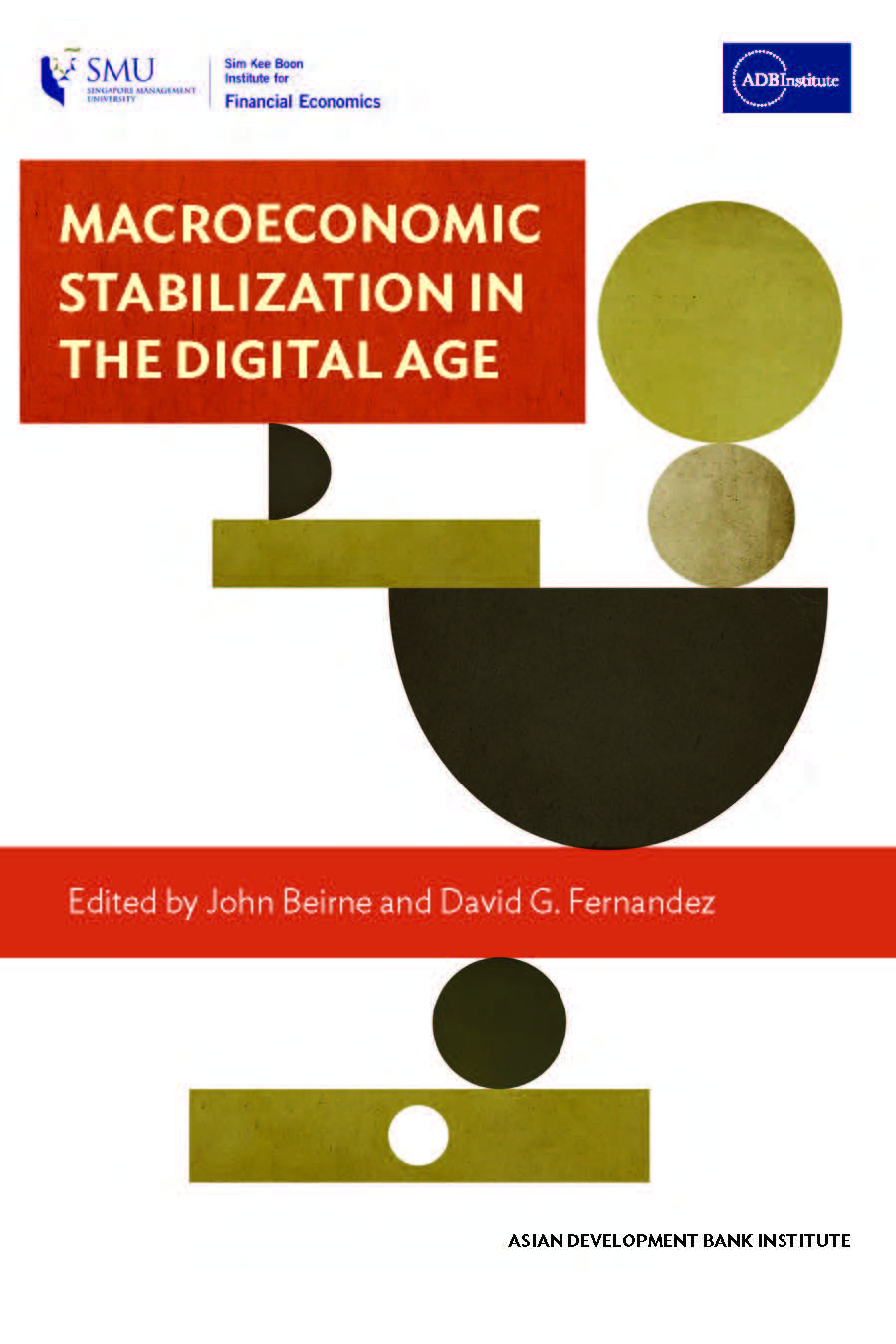
Abstract
Macroeconomic Stabilization in the Digital Age provides insights into factors affecting the macroeconomic management of the economy in the digital age. Policy makers need to be aware of the increasing prominence of the digital economy and digital finance and seek to better understand how continued digitalization will affect policies aimed at managing the economy. For emerging market economies (EMEs), macroeconomic policy challenges have been exacerbated by the digital finance revolution in the aftermath of the global financial crisis and the coronavirus disease (COVID-19) pandemic, when many EMEs experienced large and volatile capital flows. Policy makers must also navigate through fluctuating trends in productivity and difficulties in estimating potential output in the era of digitalization. The book is organized into three main parts: (1) digital finance and the macroeconomy, (2) capital flows and systemic risk in the digital age, and (3) macroeconomic uncertainty and new challenges for central banks. Part I is set against the context of the shift in financial intermediation away from traditional banks as large technology firms have increasingly provided financial services over the past decade. This part of the book focuses on the macroeconomic effects of digital finance and financial technology. Part II examines capital flow-related developments in the digital age, where the expansion in cross-border capital flow channels can create additional hurdles for EME authorities in managing capital flows. Finally, Part III relates the digital age to challenges faced by central banks and the implications of digitalization for the monetary policy transmission mechanism.
Read More